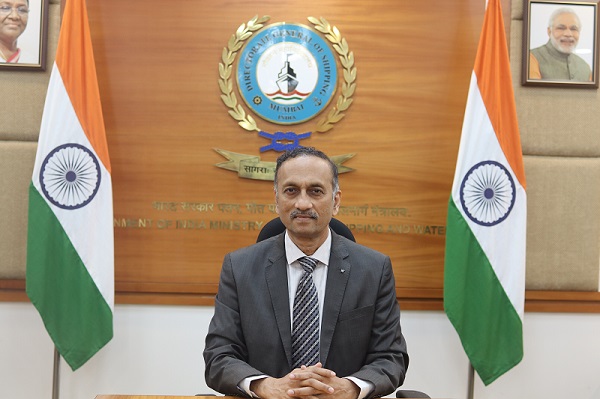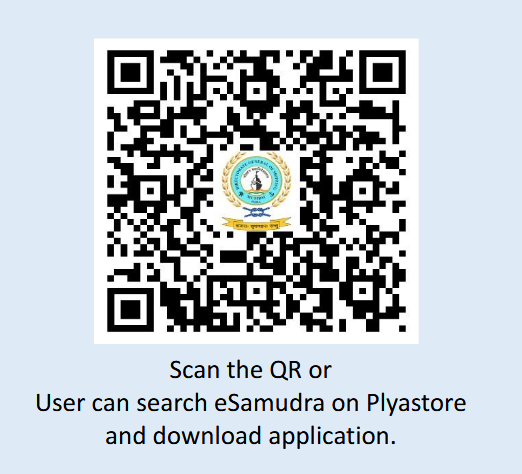Future Strategy
Maritime India Vision (MIV) 2030 emphasizes the need for a skilled, globally competitive seafarer workforce. It outlines initiatives such as the modernization of maritime training institutes, expansion of training capacity, adoption of digital tools like web-based simulators, and alignment of courses with international standards (e.g., STCW). The vision also focuses on enhancing employment opportunities, encouraging women seafarers, and industry-led skilling.
Amrit Kaal Vision 2047 supports this by aiming for a future-ready, digitally trained, and sustainable workforce, including in the shipping sector. It emphasizes green skills, digital learning, and the creation of global employment opportunities through high-quality training.
Directorate General of Shipping (DG Shipping), as the regulatory authority, is actively implementing these visions by undertaking some key initiatives. Some of the initiatives undertaken by DGS are as follows:
- Web-Based Simulators/360-degree simulator: Deployment of immersive and interactive simulation tools to enhance competency-based training and assessment, accessible remotely to improve reach and flexibility.
- Learning Management System (LMS): Introduction of a centralized, digital platform to streamline course delivery, assessments, and progress tracking, ensuring consistency and transparency across Maritime Training Institutes (MTIs).
- Faculty Development Program (FDP): Structured programs aimed at continuous upskilling of faculty members across MTIs, focusing on pedagogical improvements, subject expertise, and integration of new-age maritime technologies.
- Examination reforms:
With the examinations reform, DGS envisions significant improvements in the efficiency and reliability of competency examinations, leading to better oversight and service delivery. The adoption of an advanced, end-to-end e-examination system will ensure a more structured, secure, and standardized approach to evaluating seafarers, reinforcing the credibility of certifications issued under its authority.
Designed to be future-ready, this digital framework is equipped to evolve with emerging technologies and global best practices. By embracing digital transformation, DGS is committed to fostering a skilled, well-trained maritime workforce that meets the evolving demands of the global shipping industry while strengthening safety and compliance across the sector.
-
Directorate General of Shipping (DGS) has launched several awareness programs to promote the merchant navy as a viable and rewarding career option among students. These programs include career guidance sessions in schools and colleges, participation in education fairs, and the use of digital media campaigns to reach a wider audience.
DGS also disseminates authentic information through its official platforms to counter misinformation and highlight the structured career path, global employment opportunities, and financial benefits of joining the maritime sector. These efforts aim to inspire young talent and build a strong pipeline of future Indian seafarers.
- Centralized Attendance System: CAS – To ensure attendance accuracy and transparency, DG Shipping adopted the "Centralized Face Biometrics Based Attendance System" (CAS) developed by C-DAC Mumbai. The CAS system captures, verifies, and centralizes attendance data of students. Over the years, the system has become integral to certifying student participation in maritime training programs. To meet evolving needs, enhance efficiency, and address user feedback, DG Shipping and C-DAC Mumbai identified the need to modernize the current CAS system. This proposal outlines the required improvements to the system.
- New MTI Module – The Maritime Training Institutes (MTI) Module is a centralized digital platform developed by DG Shipping to manage MTI approvals, seafarer profile creation, and certification tracking. It ensures that training programs comply with the latest regulations and improves coordination between DG Shipping and MTIs. By aligning training standards with industry demands, the module enhances the quality of maritime education and certification, ultimately supporting the development of a competent and globally competitive seafarer workforce.































































































































